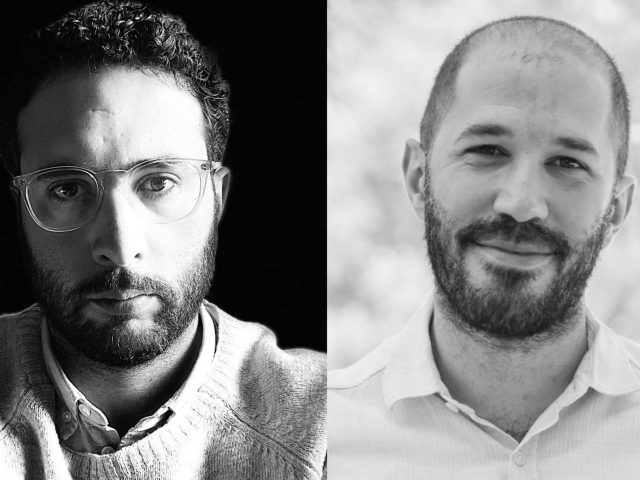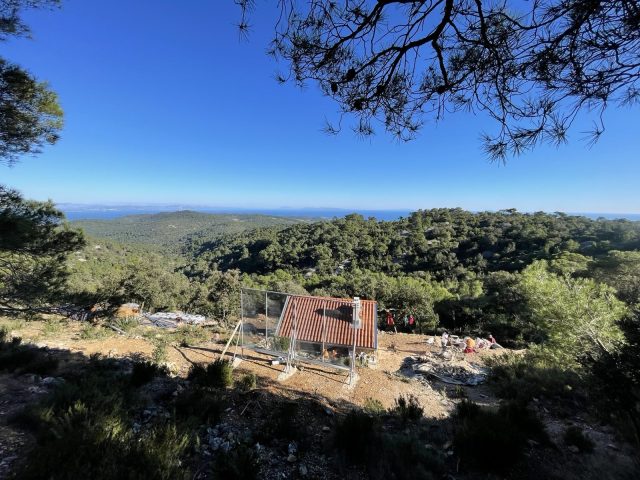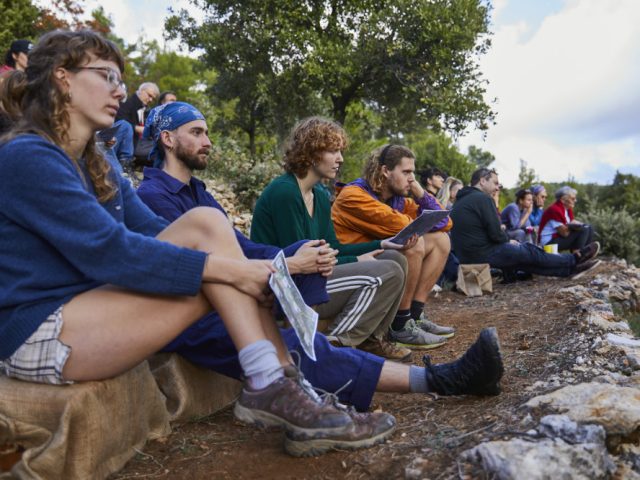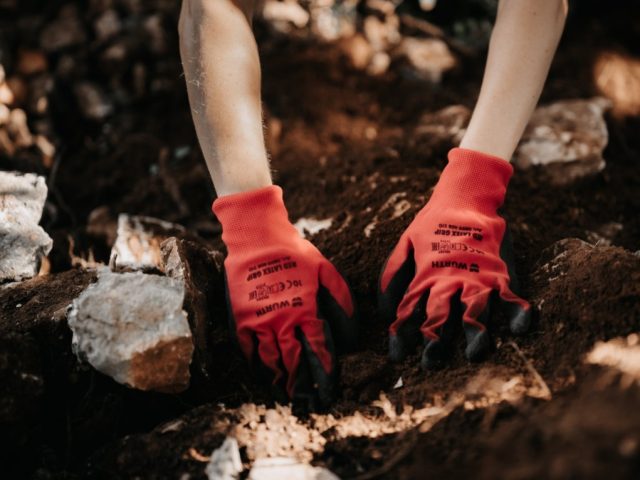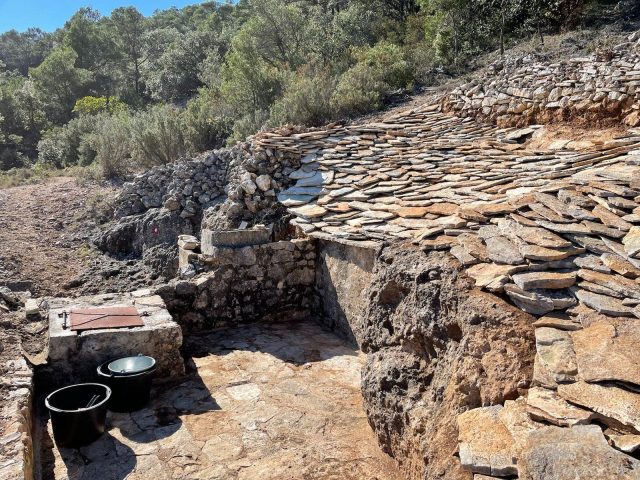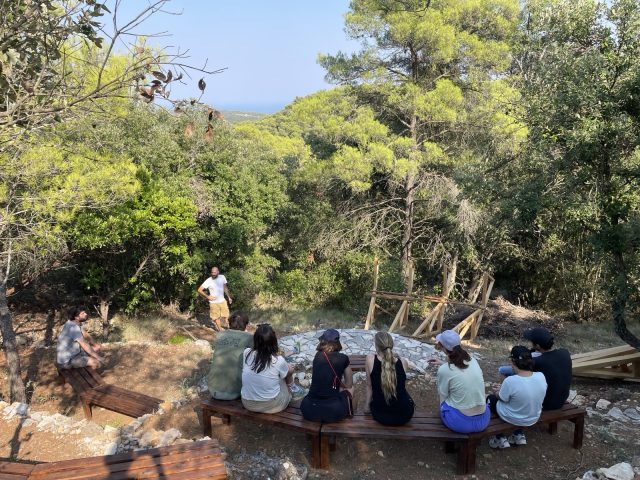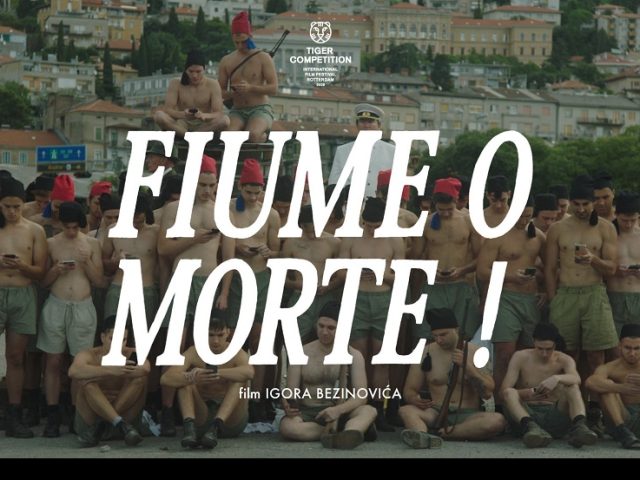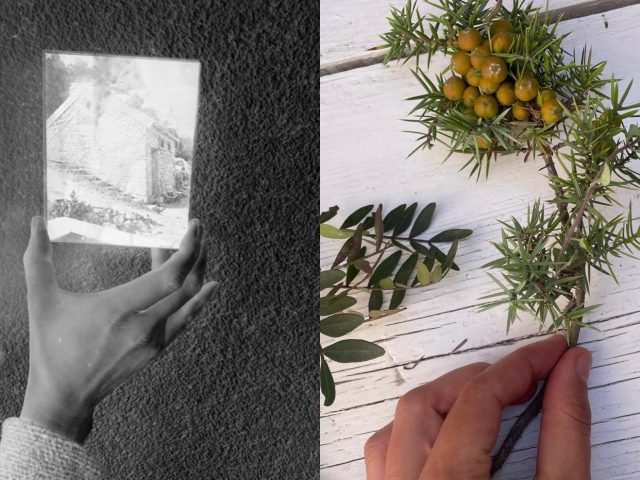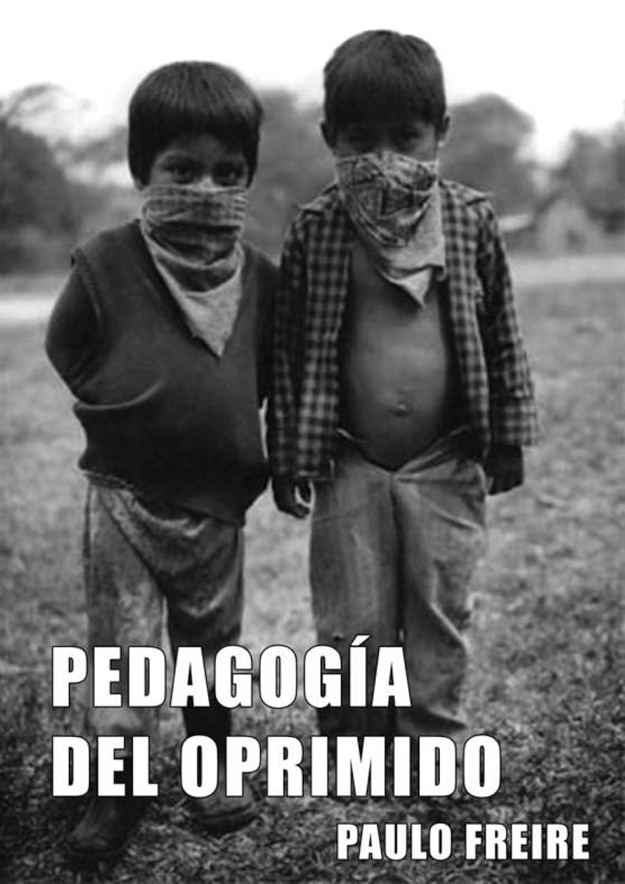
In his seminal work “Pedagogy of the Oppressed”, Brazilian educator Paulo Freire argues for a pedagogy that treats the learner as a co-creator of knowledge. He dismisses traditional pedagogy as the “banking model of education” which approaches the student as an empty vessel to be filled with knowledge, and instead proposes a problem-posing model wherein the processes of education is necessarily dialogical. As one of the foundational texts of critical pedagogy, Freire’s lessons resonate strongly with our praxis.
“Education either functions as an instrument which is used to facilitate integration of the younger generation into the logic of the present system and bring about conformity or it becomes the practice of freedom, the means by which men and women deal critically and creatively with reality and discover how to participate in the transformation of their world.”
“For apart from inquiry, apart from the praxis, individuals cannot be truly human. Knowledge emerges only through invention and re-invention, through the restless, impatient, continuing, hopeful inquiry human beings pursue in the world, with the world, and with each other.”
“Through dialogue, the teacher-of-the-students and the students-of-the-teacher cease to exist and a new term emerges: teacher-student with students-teachers. The teacher is no longer merely the-one-who-teaches, but one who is himself taught in dialogue with the students, who in turn while being taught also teach. They become jointly responsible for a process in which all grow. In this process, arguments based on “authority” are no longer valid; in order to function, authority must be on the side of freedom, not against it. Here, no one teaches another, nor is anyone self-taught.”
“There’s no such thing as neutral education. Education either functions as an instrument to bring about conformity or freedom.”

